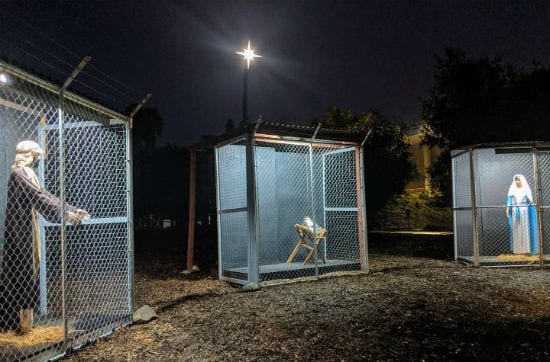James K. Glassman had the misfortune of co-authoring a book titled Dow 36,000: The New Strategy for Profiting From the Coming Rise in the Stock Market. The book was published in 2000.
Fortunately, Glassman is a fellow at the American Enterprise Institute, home of "The Bell Curve," where one can apparently be spectacularly wrong without damaging one's institutional standing as a pundit.
In a recent column, Glassman takes a half-hearted stab at advancing the blame-the-spooks argument for the faulty use of intelligence before the invasion of Iraq. He got the memo, and he is a team player so he gamely repeats the talking point, but his heart really isn't in it.
The column discusses three "mysteries" regarding the Iraq war. "Mysteries" here is a polite euphemism for, roughly, screw-ups. The blame-the-CIA excuse, Glassman says, would only help to explain one of the three:
The second great mystery remains. Why didn't the administration plan better for the aftermath? The answer finds the president and the secretary of defense far more culpable.
We did plan. Meticulously. But the plans were largely ignored. James Fallows writes in the current issue of the Atlantic Monthly that all the key post-war issues were "the subject of extensive pre-war discussion and analysis." Occupying, not defeating, Iraq was known to "be the central reality of the undertaking."
The military, the State Department and the CIA understood "that a breakdown in public order can jeopardize every other goal; that the ambition of patiently nurturing a new democracy is at odds with the desire to turn control over the Iraqis quickly and get U.S. troops out; that the Sunni center of the country is the main security problem; that with each passing day Americans risk being seen less as liberators and more as occupiers, and targets."
And, as the thousands of pages of the government's Future of Iraq project show, the planners had good strategies and tactics for handling these thorny problems.
But the administration largely ignored the plans. This is a condemnation more profound than [weapons inspector David] Kay's. …
… there is no excuse for the bloody mess since the war ended, and it is time to stop pretending that so much chaos and death were inevitable.
Glassman, a fervent supporter of the invasion of Iraq, recognizes that Fallows' article, "Blind Into Baghdad," and the questions it raises are indispensable and vitally important.
The occupation of Iraq was, indeed, "the central reality of the undertaking." The Bush administration's careless approach to this central reality gives the lie to any claims of improving security in the region, or of promoting democracy or human rights. If those who oversaw this adventure cared about such things, they would have taken more care in heeding the volumes of planning provided by the U.S. military, the State Department, NGOs, the CIA, CSIS, etc. They did not. Explicitly. By choice.
It is difficult to discuss the current situation in Iraq without replaying the bitter arguments that preceded the invasion. Glassman deserves credit for being willing to consider the situation now honestly, without the blinding fear that so many others demonstrate — the unwillingness to consider any unpleasant news today for fear it would weaken one's position in an argument one had a year ago. "Let's instead tell the truth about the Emperor's New Clothes," Glassman writes. "Things are not proceeding well …"
Give Glassman credit for having at least, in his own phrase, "a half-open mind":
At this point, my friends and colleagues on the right are probably screaming, "What's gotten into Glassman? He falls for Fallows!" Yes, Fallows wrote speeches for Jimmy Carter, but in this case, I have three words for my pals: Read the article. If you've got a half-open mind, you'll be deeply disturbed. …
Supporters of the war (me, included) have been hewing to the administration's story that everything's just fine. It's not. … Find another David Kay to tell the truth about what went wrong. Then, assign the blame, fire the responsible and learn the lessons.












